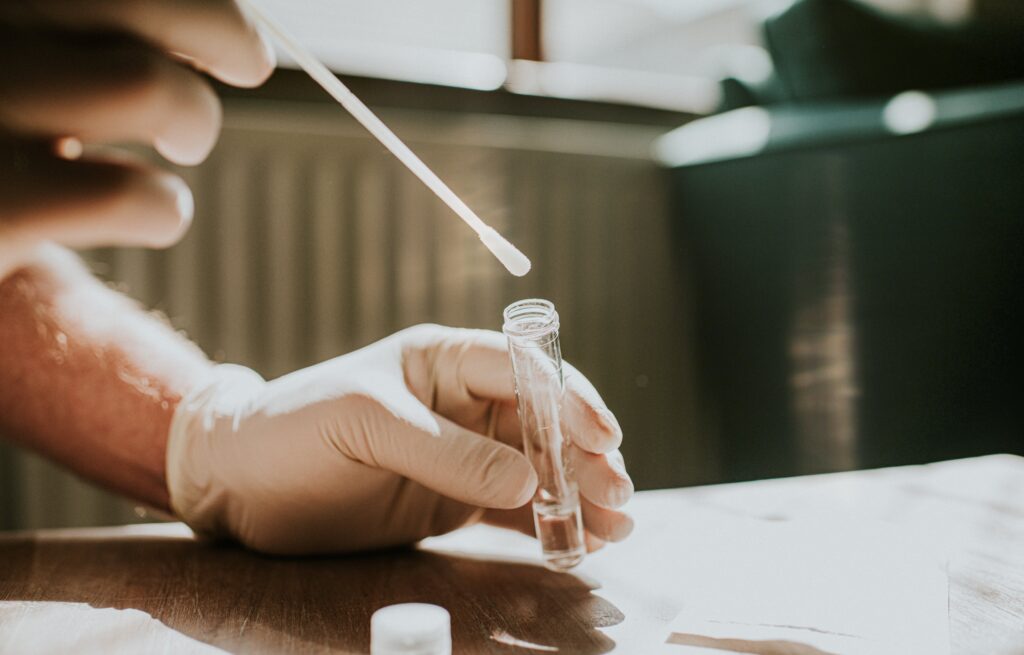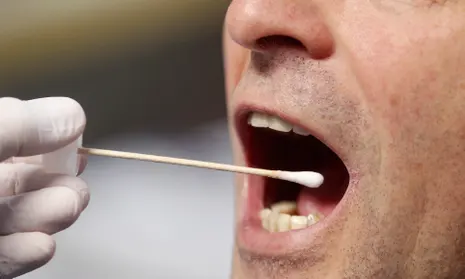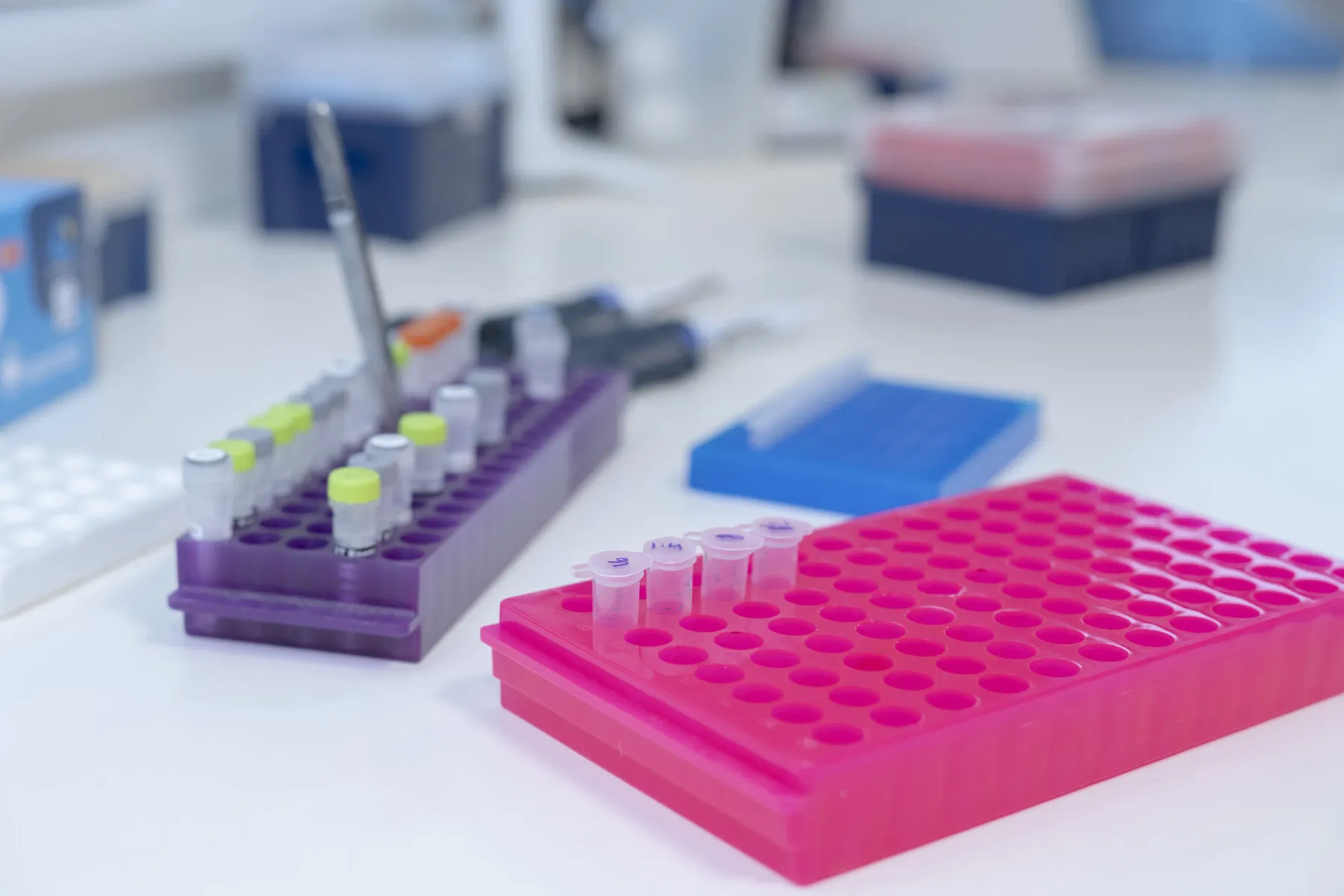Introduction, What is the at-home saliva test?
The at-home saliva test will use genetic factors to determine the risk of men developing prostate cancer. By collecting DNA samples, genetic signals in the saliva that relate to prostate cancer can be identified.
According to Prostate Cancer UK, on average 12,000 men die from prostate cancer every year. It is the most common cancer found in men, with over 52,000 across the country annually diagnosed with it. Despite this, cases aren’t being properly detected due to the lack of a national screening program for prostate cancer. The only current option is the prostate-specific antigen (PSA) blood test, but it has proven to be too inaccurate.
This new saliva test is set to be a game-changer:
“With this test, it could be possible to turn the tide on prostate cancer,” said Ros Eeles, a professor at the Institute of Cancer Research and a consultant at the Royal Marsden NHS Foundation Trust. They jointly led the research. ”We have shown that a simple, cheap spit test to identify men at higher risk due to their genetic makeup is an effective tool to catch the cancer early,” stated Cancer Research UK.
Eeles have a speech at the annual meeting of the American Society of Clinical Oncology (ASCO) in Chicago. During which he said the breakthrough came after decades of research into the genetic markers of the disease. “Our study shows that the theory does work in practice – we can identify men at risk of aggressive cancers who need further tests. Additionally, we can spare the men who are at lower risk from unnecessary treatments.”

The results of the trials:
In the Barcode 1 trials, researchers used saliva samples to calculate prostate cancer polygenic risk scores for over 6,000 European men. Participants were recruited through their GP surgeries and ranged from ages 55-69. This is because studies have proven this to be an age at which the risk of cancer is increased.
Once the saliva was collected, the test calculated the polygenic risk score (PRS) of each of the men. The score is based on 130 genetic variations in the DNA code that relate to prostate cancer.
After the first testing, the men with the highest 10% of risk scores were invited to further screening. After an MRI and a prostate biopsy, 187 of them (40% of the total) were diagnosed with prostate cancer. That’s a big jump from the 25% of men the PSA test identified. Additionally, 147 (78%) of the men diagnosed had a normal PSA level. This would typically indicate that no further screening is necessary.
The researchers also examined how traces of the prostate cancers were picked up by the new test. PSA testing picks up many people who have cancers. But they grow too slowly to cause significant health impacts, so men end up having to undergo unnecessary MRI scans, invasive biopsies, and treatments. Additionally, the new spit test can detect a higher proportion of aggressive cancers. These are fast-growing and more likely to spread – than the PSA test. Of the 187 cancers discovered in Barcode 1, 55% were aggressive cancers, compared with 36% of those identified by a PSA test in a recent study.
To read more of the trials visit: https://www.cancerresearchuk.org/about-cancer/find-a-clinical-trial/a-trial-comparing-treatment-approaches-for-prostate-cancer

Conclusion:
This new form of testing is seen as a big step in the right direction, with better testing and earlier diagnosis reducing the burden and saving lives:
“Cancers that are picked up early are much more likely to be curable,” said Prof Kristian Helin, the chief executive of the ICR. “And with prostate cancer cases set to double by 2040, we must have a program in place to diagnose the disease early.
“We know that the current PSA test can cause men to go through unnecessary treatments. More worryingly it’s missing men who do have cancer. We urgently need an improved test to screen for the disease. This research is a promising step towards that goal, and it highlights the role that genetic testing can play in saving lives.”
A release date for the at-home test is yet to be released.
Thank you for reading, click the link to read more of our health articles: https://insidesuccessmagazine.com/category/health
Inside Success presents to you our digital platform, created to inform, inspire and empower 16-35s. Through our articles, we aim to bring bold ideas, fresh voices and real conservations to life. From mental health advice, to career information, and fashion tips to social issue debates, Inside Success is proud to have created a platform that has something to cater to everyone.




Leave a Reply
You must be logged in to post a comment.